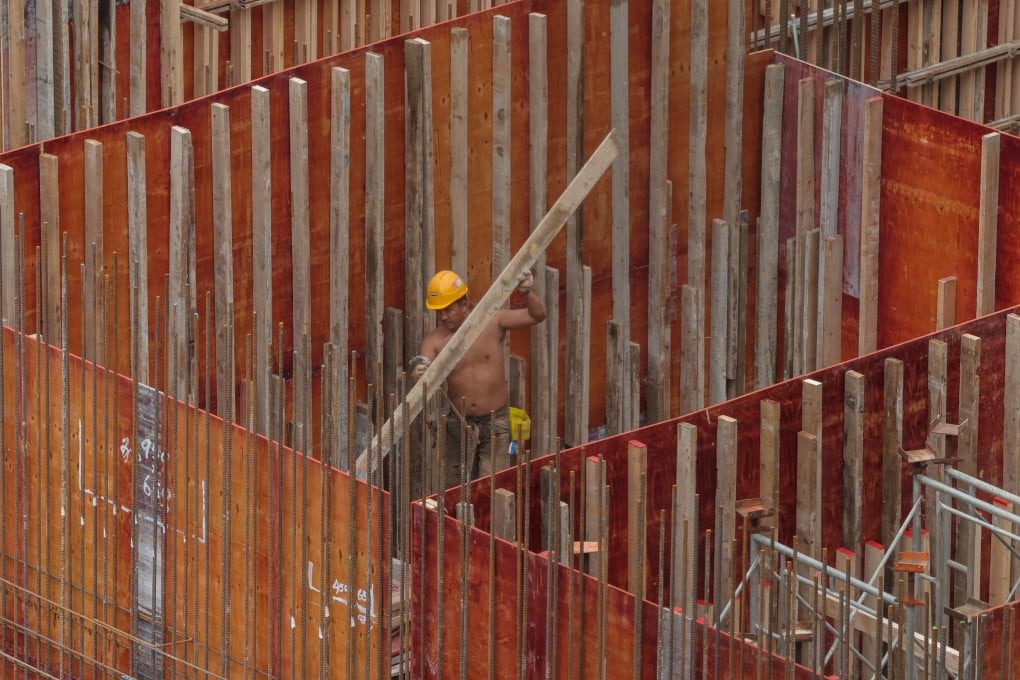Advertisement
Letters | Fixing Hong Kong’s worker shortage will not be quick or easy
- Readers discuss solutions to the labour shortage and their pitfalls, and ask for a fairer minimum wage as inflation bites
Reading Time:3 minutes
Why you can trust SCMP

Feel strongly about these letters, or any other aspects of the news? Share your views by emailing us your Letter to the Editor at [email protected] or filling in this Google form. Submissions should not exceed 400 words, and must include your full name and address, plus a phone number for verification.
Hong Kong is facing a worker shortage in its frontline industries, including in retail, food and beverage (F&B), logistics, property management and hospitality. Demand for workers has been strong as we recover from Covid-19, and many employers are struggling to find enough workers.
Based on Moovup figures, job posts for the retail and F&B industries increased by 188 per cent and 198 per cent respectively from April last year to April this year. Between mid-January and mid-April this year, job posts for these two industries increased by 23 per cent and 16 per cent respectively.
Advertisement
Employers are finding it hard to recruit. The situation is made worse by the shrinking population. Hong Kong lost 94,000 workers in 2022 alone, representing 2.4 per cent of the working population, according to government figures.
To attract workers, employers have been increasing salaries. Based on the job posts on Moovup, the median starting full-time monthly salary in frontline industries has increased by 14.3 per cent from January 2022 to HK$16,000 (US$2,040) in April this year.
Advertisement
However, apart from increasing the salary, Hong Kong needs other solutions.
Advertisement
Select Voice
Choose your listening speed
Get through articles 2x faster
1.25x
250 WPM
Slow
Average
Fast
1.25x